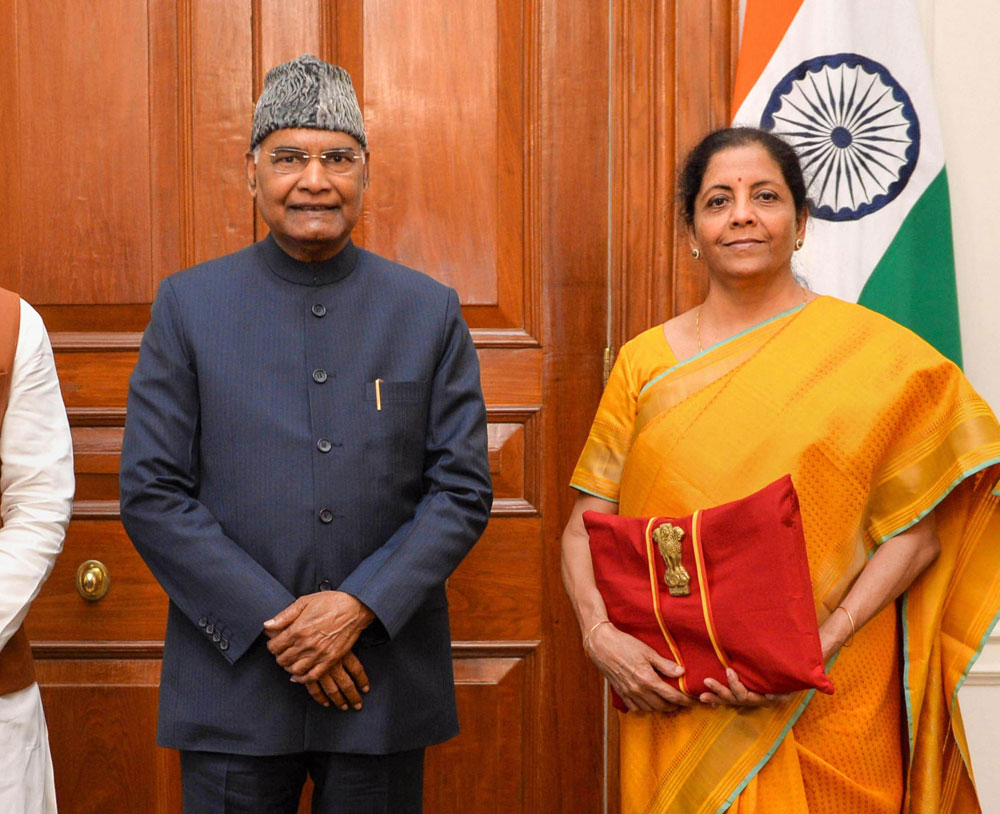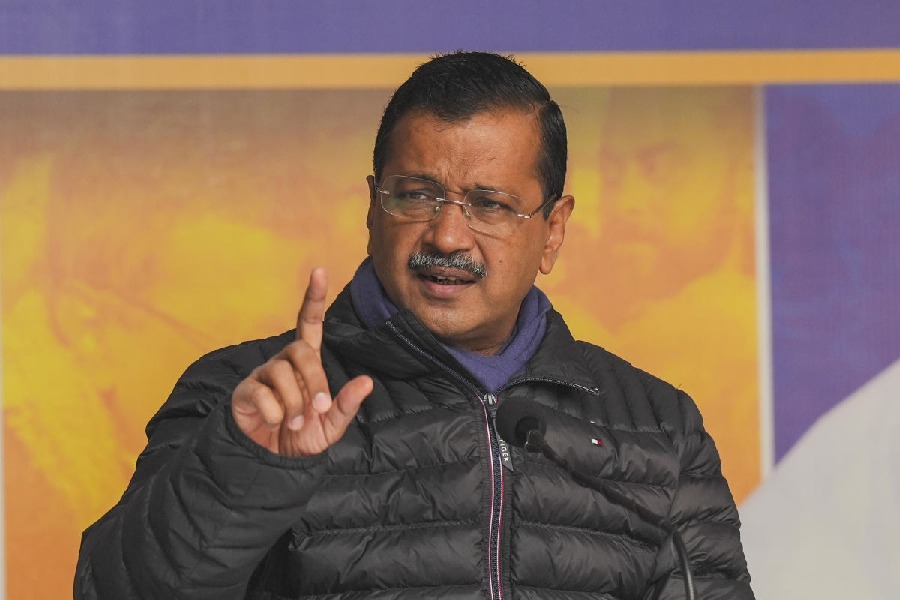Finance minister Nirmala Sitharaman released her budget for fiscal 2020-21, announcing a package of measures, including slashing income tax for lower earners, to stimulate the economy whose growth has slowed to an 11-year low.
Sitharaman said she planned to provide “significant relief” to individual taxpayers to increase purchasing power and to “simplify the tax law.”
“I propose to introduce a new personal income tax regime where rates will be significantly reduced for the individual taxpayer who forgoes certain exemptions,” she told the Lok Sabha on Saturday in a speech that was a little less than three hours.
Income tax payers will pay 10 per cent tax on income between Rs 5 lakh to Rs 7.5 lakh, down from a previous 20 per cent; those earning between Rs 7.5 lakh and Rs 10 lakh will pay 15 per cent tax against an earlier 20 per cent; people earning Rs 10 lakh to Rs 12.5 lakh will pay 25 per cent down from an earlier 30 per cent; those earning Rs 12.5 lakh to Rs 15 lakh will pay 25 per cent against an earlier 30 per cent.
Income tax will remain the same for those earning above Rs 15 lakh.
Taxpayers will be able to take advantage of the lower income tax rates by giving up certain deductions and exemptions. In addition, Sitharam has abolished 70 tax exemptions to make it easier for taxpayers to file their returns.
The lowering of the taxes will cost the exchequer around Rs 40,000 crore.
India’s central government fiscal deficit has been revised to 3.8 per cent for the current financial year 2019-20, up from the 3.5 per cent originally targeted. The government has set the target for the 2020-21 year at 3.5 per cent.
The cash-strapped government in a bid to raise more money for public coffers plans to sell part of its stake in the 100-per-cent publicly owned Life Insurance Corporation through an initial public offering.
She said LIC will be listed as part of the government disinvestment initiative. “Listing brings in more financial discipline among the entities,” she said.
Initial reaction from the Opposition Congress was that the Budget failed to elaborate on the source of funds that would propel the slew of measures announced.
Congress leader Anand Sharma tweeted that the FM had failed to explain the Budget maths.
“Nirmala Sitharaman has failed to explain the budget the budgetary maths. As revenue receipts till November are only 45% of the budget estimates there is a gaping hole. Flowery language and high-sonding words and platitudes are meaningless,” he said in a tweet.
New education policy
The government has proposed to set up a National Police University and a National Forensic Science University.
While presenting the Budget, Sitharaman said Rs 99,300 crore had been allocated for the education sector and Rs 3,000 crore for skill development.
She said the Narendra Modi government would soon announce a new education policy.
According to new some new proposals announced, urban local bodies will provide internship to young engineers for a year so that they get an idea about the functioning of the government.
“Degree level online education courses will be introduced which can be provided by colleges figuring in top 100 in National Institutional Ranking Framework,” she said.
In order to boost the Study in India programme, the finance minister proposed “conducting IND-SAT exam to be held in African and Asian countries for benchmarking foreign candidates who wish to study in the India”.
Electricity for all
The government has proposed a Rs 22,000 crore outlay for renewables and the power sector in 2020-21 for realising its goal of 24X7 electricity for all and providing freedom to consumers to choose service provider and tariff.
Sitharaman urged all states to convert the conventional electricity meters into pre-paid smart meters in the next three years to provide consumers a choice of service providers and rate of electricity.
Pre-paid smart meters save cost of manual metering, billing and collection and improve efficiency of this public service. Last month, the power ministry asked states to reduce power tariff of consumers having smart metres.
“I propose to provide Rs 22,000 crore for power and renewables for 2020-21,” said Sitharaman in her Budget speech in the Lok Sabha.
She said taking electricity to all households was the major success of the government while referring to Saubhagya scheme under which 2.66 crore families were provided electricity connection.
The minister also proposed to provide Rs 4,400 crore for a programme to ensure cleaner air in cities with population of over one million by measures such as shutting down older thermal power plants.
She said that the land of shut down thermal power plants can be used for alternate purposes. She also said the environment ministry would notify parameters for providing benefits to states opting for the scheme.










